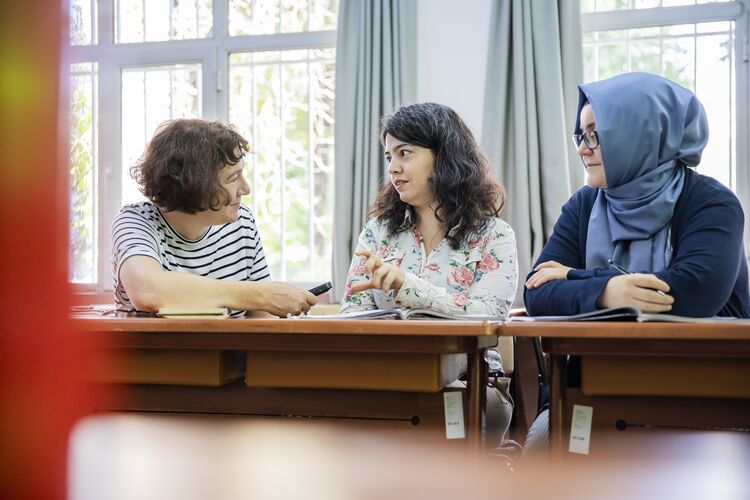
About this publication
The Salzburg Statement for a Multilingual World, launched on World Mother Languages Day in February 2018, reminded us that all 193 UN member states are multilingual and that 23 languages dominate as they are spoken by over one half of the world's population (www.salzburgglobal.org). Thus, our world is truly multilingual, yet many education and economic systems, citizenship processes, and public administrations disadvantage millions of people due to their languages and language abilities. This disadvantage is most apparent in the lives of displaced people. Escaping conflict or political strife, individuals and families may have also left many resources behind them including their home languages.
This Language for Resilience Research Hub publication extends the original research findings from 2016 by bringing together responses from a group of specialists working in each of five areas: home language and literacy, qualifications and training, social cohesion, trauma, and institutional strengthening. This publication is free to download in pdf format below.
It is part of our work in Language for Resilience.
Please see our other publications in the collection:
- Language for Resilience: Digital resources in Jordan
- Language for Resilience: Language provision in Jordan's non-formal education sector
- Language for Resilience: Language learning attitudes in Jordan
- Language for Resilience: Enhancing resilience of Syrian refugees
Find out more
- Migrants and Refugees in Education: A Toolkit for Teachers – Online course (available regularly throughout the year)
- LinkedIn Partner Network